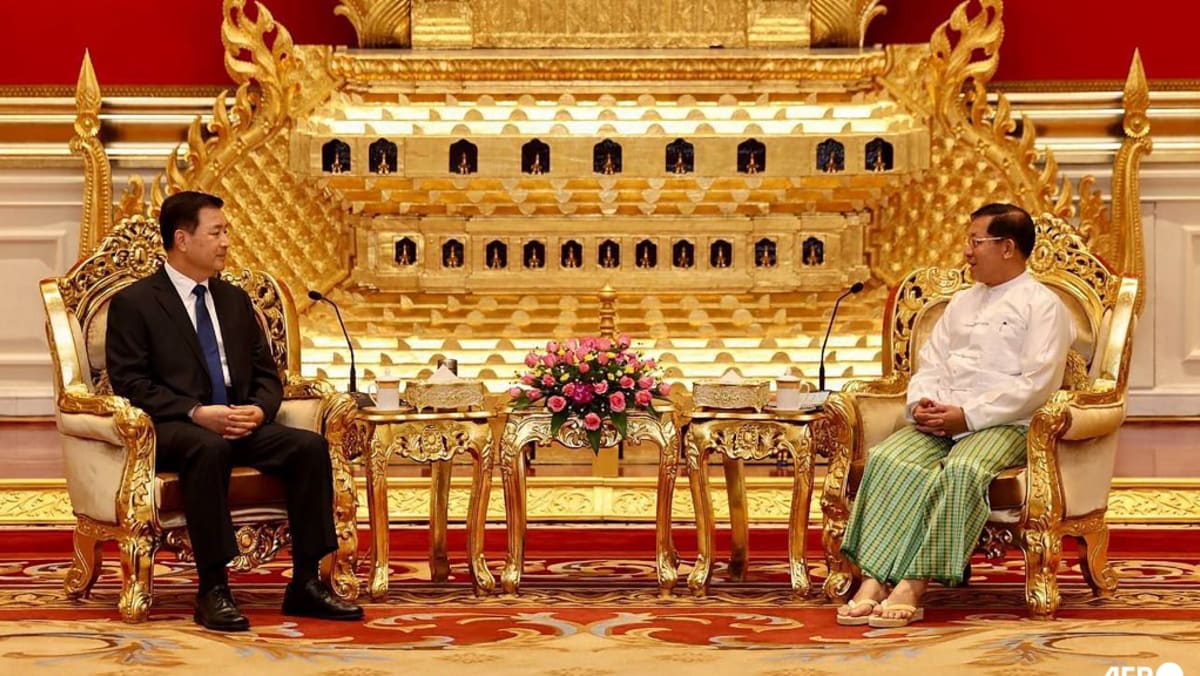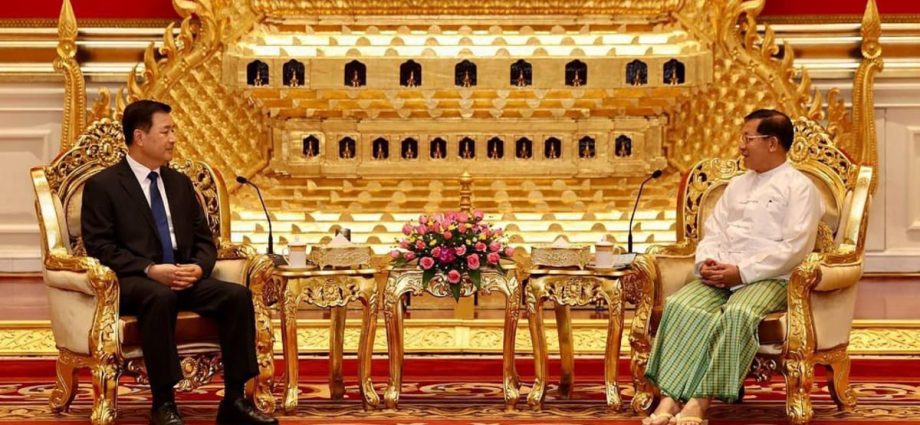
HEDGING IN AN UNCERTAIN GEOPOLITICAL CLIMATE
Ultimately Beijing’s strategy is to maximise its interests in Myanmar, where the tussle for power has intensified and the future is extremely uncertain. With the State Administration Council, opposing National Unity Government, the People’s Defence Forces as well as the myriad of ethnic armed organisations all vying for power, Beijing must hedge its bets and work with whoever serves its interests best.
When scholars discuss hedging as a foreign policy practice, it is often described as the best choice in uncertain geopolitical contexts. Much has been said about how countries in Southeast Asia have practiced hedging amid US-China competition as an “active insurance-seeking behaviour aimed at mitigating risks and cultivating fall-back options under uncertainty”.
Though few have applied this logic to relations between foreign governments and domestic actors, the hedging logic is applicable in the Myanmar context, where there are competing regimes and a plethora of armed resistance groups with their own agency and special interests. In this uncertain environment, Beijing, which has a huge economic and strategic stake in Myanmar, will naturally want to engage with as many actors as possible.
This has encompassed groups at the forefront of the opposition to the junta. Since late October 2023, the Three Brotherhood Alliance – comprising the Arakan Army, Myanmar National Democratic Alliance Army, and the Ta’ang National Liberation Army – has waged a well-coordinated military offense against junta strongholds in the northern Shan State. This alliance of ethnic armed organisations has since made significant advances against the State Administration Council and its affiliated Border Guard Forces.
Since the launch of Operation 1027, the alliance has captured at least 12 towns and overrun more than 400 junta bases and outposts in Rakhine, Chin and northern Shan States. Along the Myanmar-China frontier, the alliance has effectively taken over several prominent crossings through which a substantial amount of cross-border trade takes place.
The Myanmar National Democratic Alliance Army’s primary goal is to retake the Kokang region, previously the Special Region One of the Shan State, from which it was driven out by the Myanmar military in a major offensive in 2009. Yet in its official statement, it says the goal of its operations is to help China crack down on online scam syndicates based in Kokang, where the junta-approved leader Bai Suocheng was labelled the main culprit.
On Dec 11 last year, China’s Ministry of Public Security issued an arrest warrant for Bai. Since he is backed by the Myanmar military, Beijing has been dissatisfied by the lack of action by the State Administration Council. Instead, Beijing decided to rely on the Myanmar National Democratic Alliance Army to achieve its goal.
The Chinese government has also tried to broker a ceasefire agreement between the State Administration Council and the Three Brotherhood Alliance in Kunming. The Myanmar National Democratic Alliance Army ultimately captured Laukkai, the capital of Kokang, and it is believed that Beijing is, for now, satisfied with the success of the ethnic armed organisations and would like to see political stability return to the borderland region.

